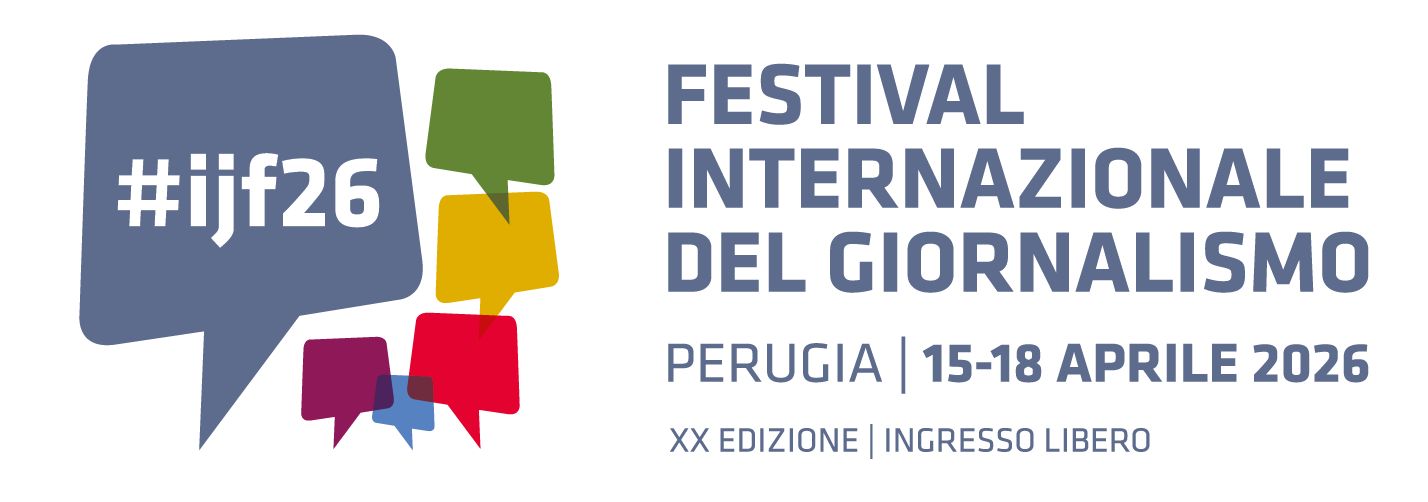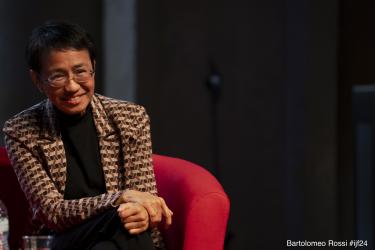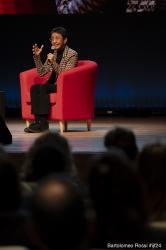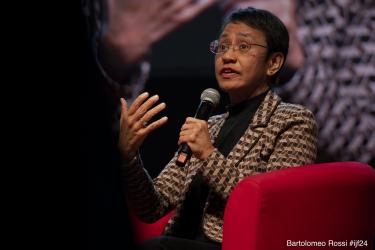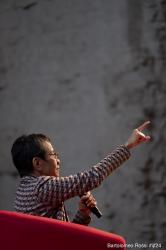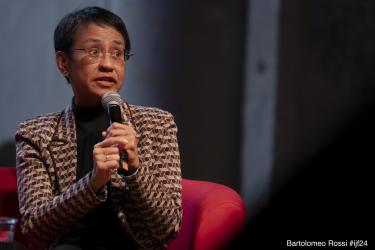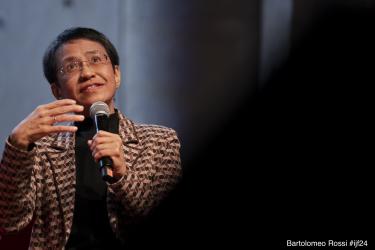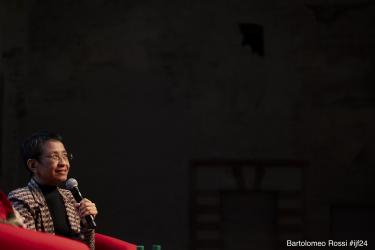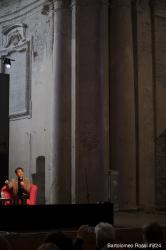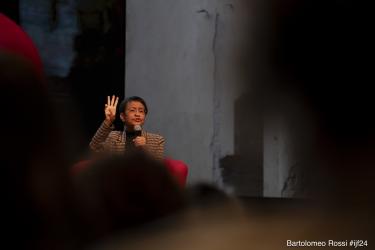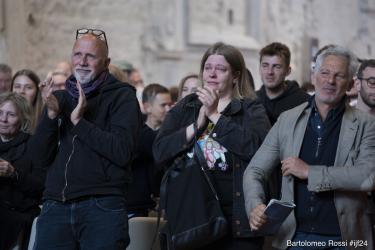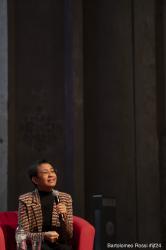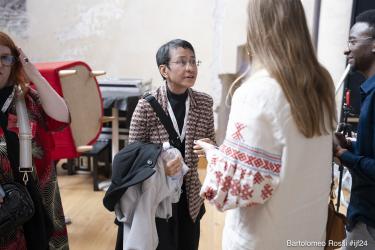When Maria Ressa was awarded the 2021 Nobel Peace Prize, alongside Russian journalist Dimitry Muratov, it was the first time the practice of journalism had been honoured by the Nobel Committee since 1936. The winner that year was a persecuted German editor who had been imprisoned by the Nazis. Ressa and Muratov were cited by the Nobel Committee for fighting courageously to “safeguard freedom of expression” as “representatives of all journalists who stand up for this ideal in a world in which democracy and freedom of the press face increasingly adverse conditions.”
Ressa has since described 2024 as “the year where democracy falls off a cliff”. This year, more voters will have headed to the polls in a single year than at any other point in history. At least 64 countries (plus the European Union) — representing half the world’s population — are scheduled to go to the polls. Notable among these are: the U.S., the U.K, South Africa, and two of the world’s largest democracies: Indonesia and India.
So, what does all this mean for journalism? What is the function of journalists in democracies? Do they have a responsibility to actively defend democracy against demagoguery and disinformation? And is democracy even defensible in 2024?
Join Maria Ressa, author of How to Stand Up to a Dictator, in conversation with Professor Julie Posetti who leads research at the International Center for Journalists and teaches journalism at City, University of London.
